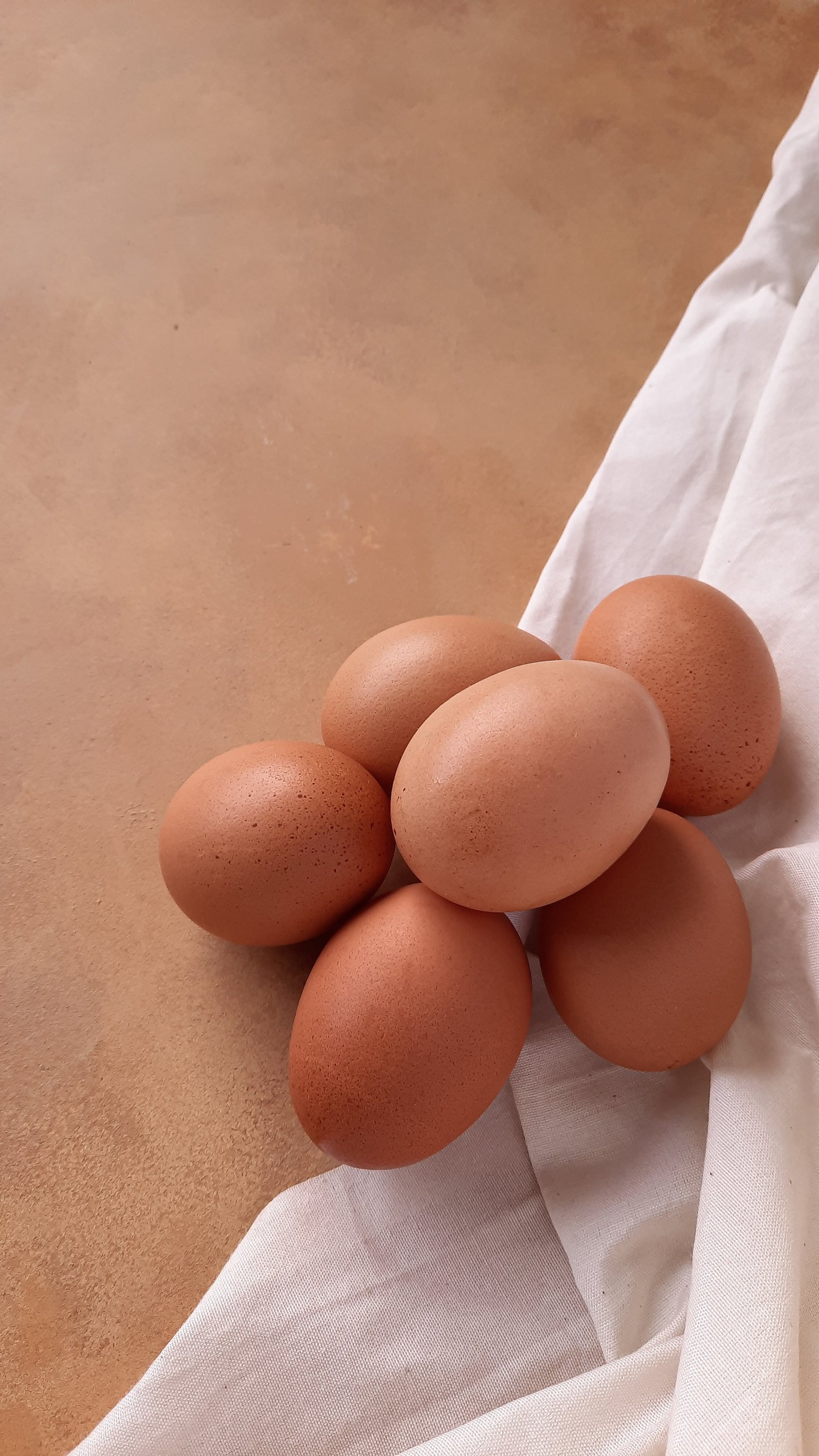When it comes to maintaining youthful, radiant skin, collagen is the secret ingredient. Collagen, the most abundant protein in our bodies, is responsible for the firmness, elasticity, and overall health of our skin. However, collagen production declines with age, leading to the appearance of wrinkles, fine lines, and sagging skin. The good news is that you can support collagen production and promote youthful skin by maximizing your protein intake. We’ll explore the fascinating connection between protein and collagen synthesis, emphasizing why protein is a crucial factor in achieving and maintaining youthful skin.
The relationship between protein and collagen:
Collagen is primarily composed of amino acids, the building blocks of proteins. By consuming dietary protein, you provide your body with the essential amino acids needed for collagen synthesis. Among the key amino acids required for collagen production are glycine, proline, and hydroxyproline. Maximizing your protein intake ensures an adequate supply of these amino acids, supporting the production and maintenance of collagen in your skin.
Benefits of maximizing protein intake for youthful skin:
- Promotes collagen synthesis: When you consume protein-rich foods, the amino acids are broken down during digestion and become available for collagen synthesis. Adequate protein intake ensures a sufficient supply of amino acids for collagen production, helping to maintain the strength, structure, and elasticity of your skin.
- Enhances skin firmness and elasticity: Collagen provides the framework that gives skin its firmness and elasticity. By maximizing protein intake, you provide your body with the necessary components to build and repair collagen fibers. This helps to improve skin firmness, reduce the appearance of sagging, and enhance overall elasticity.
- Supports skin repair and regeneration: Protein is essential for tissue repair and regeneration, including skin cells. When your skin suffers damage from environmental factors, UV radiation, or aging, protein helps facilitate the healing process. A higher protein intake supports efficient skin cell regeneration, leading to improved skin tone, texture, and a more youthful appearance.
- Provides antioxidant protection: Certain protein sources, such as lean meats, fish, and plant-based proteins, contain antioxidants that combat free radicals. Free radicals are unstable molecules that can damage collagen fibers and accelerate skin aging. By incorporating protein-rich foods into your diet, you not only support collagen synthesis but also provide antioxidants that help protect your skin from oxidative stress and maintain its youthful vitality.
To maximize your protein intake and support collagen production for youthful skin, consider the following tips:
- Include a variety of protein sources in your diet, such as lean meats, fish, poultry, dairy products, legumes, nuts, and seeds. This ensures a diverse range of amino acids that contribute to collagen synthesis.
- Opt for high-quality proteins that are rich in essential amino acids, as they are the building blocks required for collagen production.
- Supplement your diet with collagen peptides or hydrolyzed collagen powder. These supplements provide specific amino acids that support collagen synthesis and can enhance the overall health and appearance of your skin.
- Maintain a well-balanced diet that includes other nutrients vital for skin health, such as vitamins (especially vitamin C), minerals, and antioxidants. These nutrients work synergistically with protein to support collagen synthesis and protect your skin from oxidative damage.
- Maximizing your protein intake is a powerful strategy for promoting youthful skin and supporting collagen production. By providing your body with the essential amino acids necessary for collagen synthesis, you can enhance skin firmness, elasticity, and overall health. Remember to incorporate a variety of protein sources into your diet and complement it with a balanced intake.
How much protein should I consume daily?
The recommended daily protein intake can vary depending on several factors, including age, sex, body weight, physical activity level, and overall health goals. The general guideline for protein intake is to consume a certain amount of protein per kilogram (kg) of body weight.
The Recommended Dietary Allowance (RDA) for protein, as established by the Food and Nutrition Board of the Institute of Medicine, is 0.8 grams of protein per kilogram of body weight per day for the average sedentary adult. However, this recommendation may not be sufficient for individuals who are physically active, older adults, pregnant or breastfeeding women, or those recovering from an illness or injury.
For those who engage in regular exercise or have specific fitness goals, the protein requirements may be higher. The American College of Sports Medicine, for example, recommends a range of 1.2 to 2.0 grams of protein per kilogram of body weight per day for athletes and active individuals.
To determine your specific protein needs, it’s best to consult with a registered dietitian or healthcare professional who can assess your individual circumstances and provide personalized recommendations. They will take into account factors such as your activity level, body composition goals, and overall health to provide guidance on the appropriate protein intake for you.
Remember that while protein is important for overall health and various bodily functions, it’s also crucial to maintain a balanced diet that includes other essential nutrients from a variety of food sources.
Photo by Carmen Alarcón on Unsplash

Leave a Reply